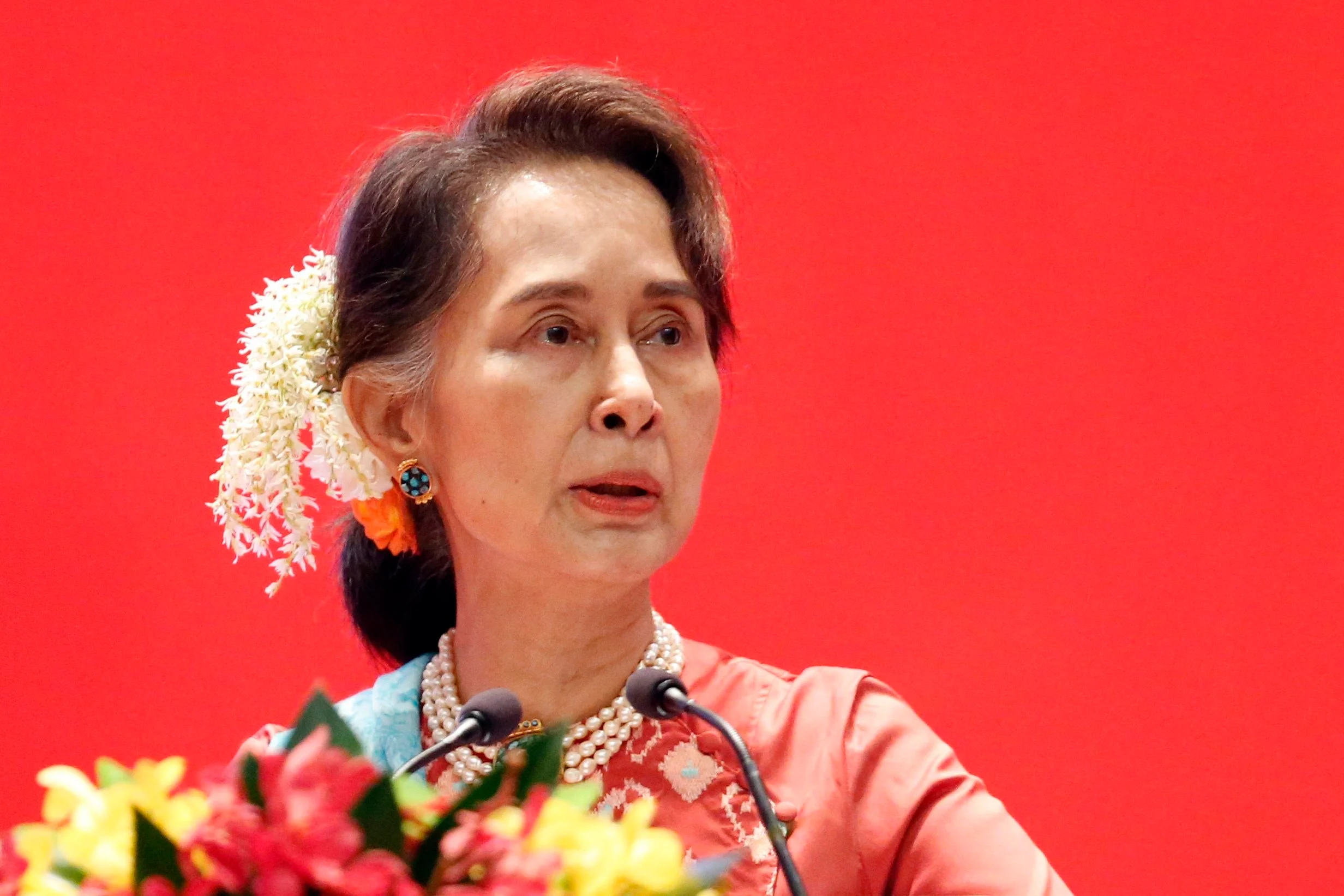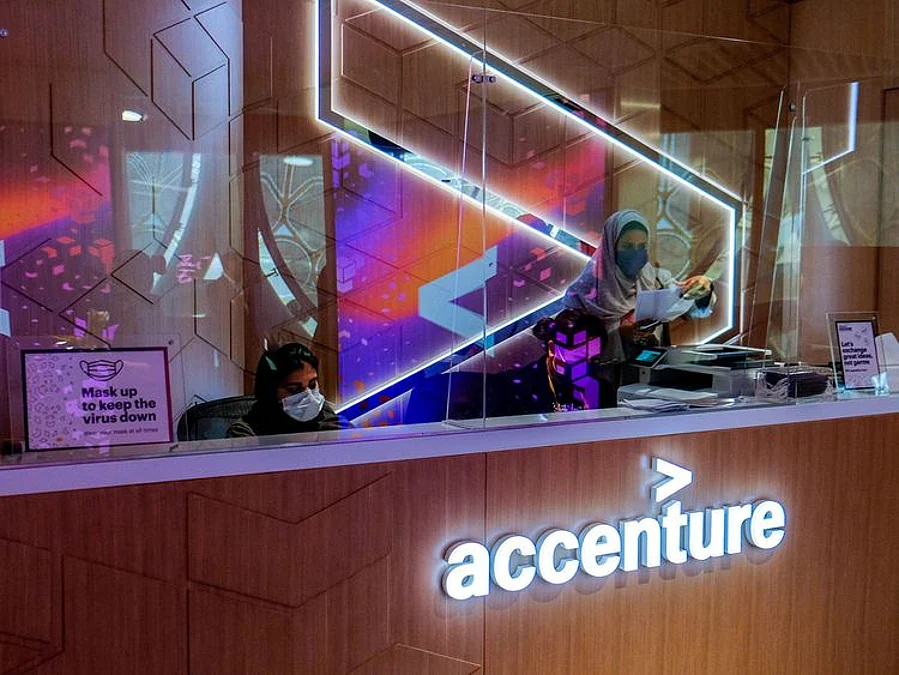By Amy Chew
Copyright scmp

For much of his life, Kim Aris, 48, the younger son of Myanmar’s detained pro-democracy leader Aung San Suu Kyi, stayed out of the spotlight and kept his silence.
He avoided the media even as they sought him out, snapping his pictures in a frenzy during those rare times when he was allowed to visit his famous mother in Myanmar.
But following the 2021 coup that saw the military junta jail his mother, London-based Aris reluctantly stepped forward to speak out in the hope of alerting the world to her worsening heart problems and dire prison conditions.
Suu Kyi, 80, has spent a total of 19 years in detention since 1989, first under house arrest and now in solitary confinement in prison. She is the recipient of the 1991 Nobel Peace Prize, which her sons accepted on her behalf.
Aris called on Chinese President Xi Jinping to urge Myanmar’s military junta to release his mother, saying Beijing held “the most influence” among foreign states given its long ties and extensive investments in the country.
“I appeal to President Xi Jinping to call for her release and to do more to put pressure on the junta … to make sure that those who should be freed are freed,” Aris said.
“China has been calling for May May’s release, according to my sources,” he continued, using the Burmese term for mother. Aris said he believed that Chinese officials “want to see her as much as anyone else and they have been asking for access”.
Chinese officials “have not been given access to her, as far as I am aware, just as nobody else has”, he added.
Aris invited anyone outside the prison to try to see her, for “then at least someone could confirm she is alive”.
“I worry all the time that my mother might die in prison. The conditions in prison are horrendous.”
In August, a report by the Independent Investigative Mechanism for Myanmar, a United Nations body, said victims in the country’s detention facilities endured beatings, electric shocks, gang rape, strangulation and other forms of torture, such as the removal of fingernails with pliers, according to Reuters.
Myanmar’s shadow National Unity Government said that if Suu Kyi remained imprisoned or died in detention, the country’s crisis would deepen.
“It will harden divisions, prolong the conflict and make national reconciliation far more difficult,” said Sasa, the NUG’s minister for international cooperation, who, like many Burmese, goes by one name.
“Her absence would fuel further instability, creating ripple effects across Southeast Asia, including larger refugee flows, greater humanitarian costs and a weakened Asean role in regional peace,” Sasa added, referring to the Association of Southeast Asian Nations.
Aris said he wanted “to see his mother again in person”. The two have been separated since he was 11, when she went to Yangon, then the country’s capital, to nurse her dying mother in 1988.
Suu Kyi was later placed under house arrest for leading the opposition against the country’s generals.
Aris said he believed Suu Kyi had “a better relationship with China” than junta leader Min Aung Hlaing, who led the coup against his mother and her ruling National League for Democracy (NLD) party.
“My mother and the NLD … had a good, productive working relationship with China before the coup,” Aris said. “She was trying to develop that relationship … [which] she realised was very significant for her country.”
“Things were developing in Burma, and China could do business with Burma and trust that those business interests would see fruition of some sort and not be destroyed by other people’s greed,” he added, referring to Myanmar’s former name.
Xi and Suu Kyi met in 2020 during his two-day state visit to Myanmar. The visit resulted in 33 agreements to shore up key projects that formed part of the Belt and Road Initiative, China’s plan to grow global trade.
They included speeding up the implementation of the China-Myanmar Economic Corridor, a deep-sea port in Rakhine state and a new city project in Yangon.
Later that year, Suu Kyi’s administration signed the China-backed Regional Comprehensive Economic Partnership, a free-trade agreement involving more than a dozen Asia-Pacific countries.
Before that, Suu Kyi visited China in 2015 and 2016.
China is Myanmar’s second-largest foreign investor, pouring more than US$7.7 billion into the country in the 2024-25 financial year and more than US$3 billion so far in the 2025-26 financial year, according to The Irrawaddy news website in a September 8 report quoting Min Aung Hlaing.
China also imported 44,000 tonnes of rare earth elements from Myanmar last year, which accounted for 57 per cent of China’s total rare earths imports, according to Wendong Zhang of Cornell University in New York.
Aris warned that the crisis in Myanmar was causing challenges for China, citing illegal criminal activities enabled by the junta, including scam centres that have trafficked and enslaved thousands of Chinese citizens and other nationals.
The UN High Commissioner for Human Rights estimated that some 120,000 people were trafficked to work in scam compounds throughout Myanmar in 2023.
The centres were targeting and scamming Chinese citizens in China as well, inflicting billions of dollars in financial losses, Aris said, adding that Beijing wanted “stability and prosperity” for themselves and the rest of the region.
Myanmar’s last coup triggered a civil war that has killed more than 7,000 people since 2021 and left the junta controlling less than half the country.
In December, the junta is scheduled to hold a general election, but many analysts and politicians have blasted the process as a sham.
More than 40 parties, including Suu Kyi’s NLD, have been banned from running. In the last election held in 2020, the NLD won more than 82 per cent of the vote.
The UN’s human rights commissioner said that since the junta came to power in 2021, it had arrested “29,209 individuals on political grounds, of whom 22,074 remained in detention”.
Aris described China as “looking for domestic peace, for national reconciliation and a government based on the will of the people and for the advancement of post-earthquake reconstruction and economic development”.
“These are the right goals for Myanmar, as they are for China, but they will not happen through a fake election in which millions of people are disenfranchised,” he said.
The planned election would only plunge Myanmar “into further chaos and suffering because no one will accept the results and the fighting will only get worse”, Aris added.
“I believe that my mother’s release is the necessary precondition for resolving Myanmar’s problems.”



